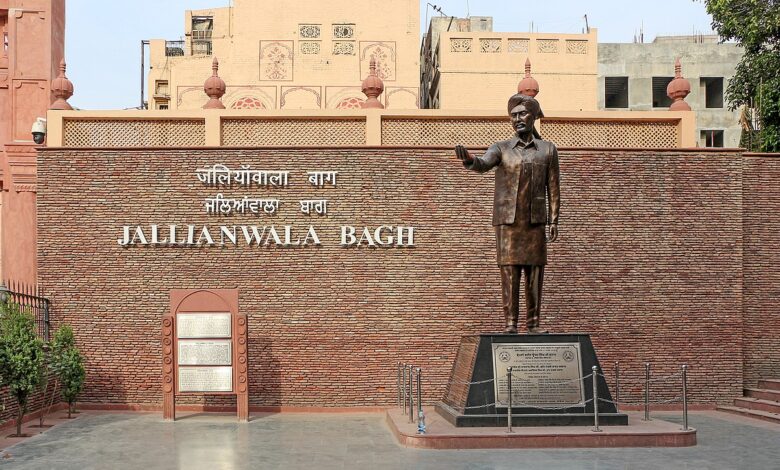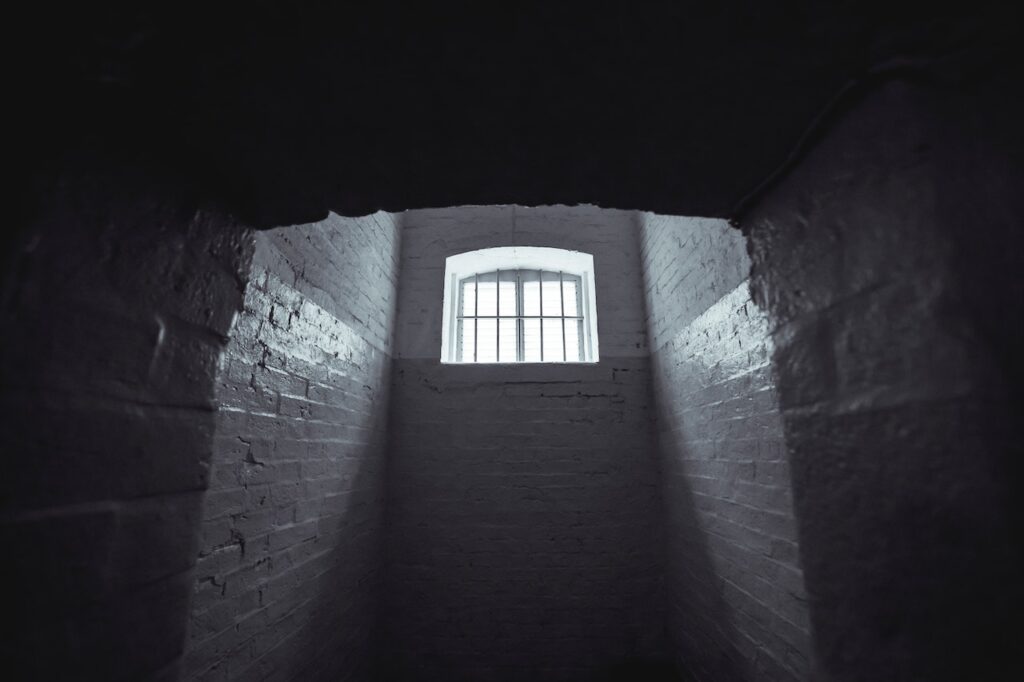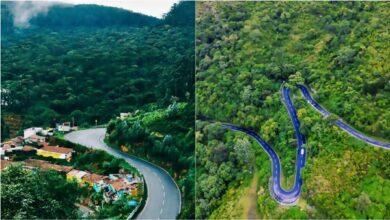Unveiling India’s top dark tourism destinations: What is it? and why it should be known
Discover the Hidden Stories and Haunting History

Dark tourism is a term that might not be familiar to everyone, but it’s a niche in the travel world that has
been gaining popularity. It involves visiting places that are associated with death, tragedy, or suffering.
While it may sound macabre, dark tourism offers a unique and often thought-provoking way to learn
about history and culture.
Jallianwala Bagh, Amritsar-dark tourism destinations
One of the significant dark tourism destinations in India is Jallianwala Bagh in Amritsar. This location holds a somber historical significance. In 1919, British soldiers opened fire on a peaceful gathering of Indians, turning this tranquil garden into a scene of horrifying tragedy. Even today, the bullet holes on the walls stand as a haunting reminder of that dark day. Additionally, there’s a Martyrs’ Well, which serves as a stark reminder of the lives lost during this tragic incident.
Cellular Jail, Port Blair
The Cellular Jail, located on the isolated Andaman Islands, is another essential dark tourism site in India. It’s a stark reminder of the cruel British colonial history. Political prisoners who opposed British rule were incarcerated here in deplorable conditions. The cells were small, gloomy, and designed to isolate inmates from each other. A visit to Cellular Jail allows you to immerse yourself in the history of India’s struggle for independence and witness firsthand the appalling conditions endured by many heroic individuals.

Victoria Memorial, Kolkata
Kolkata’s Victoria Memorial is a beautiful architectural masterpiece, but it has a complex and dark past. It symbolizes British imperialism in India and was constructed during the British Raj. While the monument itself is a work of art, it serves as a sharp reminder of colonial India. Visitors can explore the galleries within to learn more about the history of British rule and its profound impact on Indian society and culture.
Sabarmati Ashram, Ahmedabad
Sabarmati Ashram in Ahmedabad holds a significant place in India’s history of nonviolent resistance. Mahatma Gandhi lived here during the struggle for liberation, and it served as the backdrop for several important protests. This ashram offers insights into the fight for independence and the sacrifices made by those who fought for India’s freedom. The serene atmosphere at Sabarmati Ashram reflects Gandhi’s values of truth and non-violence.
Kuldhara, Jaisalmer
In Rajasthan, near Jaisalmer, lies Kuldhara, a small town shrouded in mystery and superstition. Local legends tell of the village’s inhabitants mysteriously vanishing overnight in the early 19th century. As visitors explore the ruins of this abandoned settlement, they are met with an eerie silence. For those intrigued by the paranormal, Kuldhara offers a captivating experience due to its creepy atmosphere and the unsolved mysteries that surround it.
Roopkund Lake, Uttarakhand
Roopkund Lake, nestled in the Garhwal Himalayas, hides a sinister mystery beneath its serene waters. It earned the nickname “Skeleton Lake” when hundreds of human remains were discovered at its bottom. Theories about the origins of these bones vary, from an ancient trade route tragedy to a group of pilgrims caught in a bizarre thunderstorm. Trekking to Roopkund not only provides access to breathtaking natural beauty but also offers a glimpse into a shadowy history.
Dumas Beach, Surat
Dumas Beach in Surat is a beautiful seaside location with an unsettling reputation. Rumors of ghostly apparitions and unusual incidents have given it a haunted reputation. While skeptics may dismiss these tales, curious travelers are drawn to this beach, especially at night, by the allure of the unknown. Dumas Beach offers a fascinating experience that combines unspoiled nature with a touch of mystery, whether or not you believe in the paranormal.
Shaniwarwada, Pune
Shaniwarwada, a historic fortification in Pune, is associated with a chilling tale. It is said to be haunted by the ghost of a young prince who was brutally murdered within its walls. During the daytime, visitors can explore the fort’s impressive architecture, but after nightfall, it takes on a different aura. Local legends claim that you can still hear the cries of the murdered prince echoing through the fort’s dark corners.
In conclusion, dark tourism in India offers a unique and thought-provoking way to delve into the nation’s complex history. From the tragic events at Jallianwala Bagh to the haunting memories of Cellular Jail, these destinations provide visitors with an opportunity to reflect on the past and gain a deeper understanding of the country’s rich and often tumultuous history. Whether you are interested in colonial history, the struggle for independence, or the mysteries of the paranormal, India’s dark tourism sites have something compelling to offer.
Please, also have a look into : To capitalise on enormous wedding business in India, Tourism Ministry launches campaign



